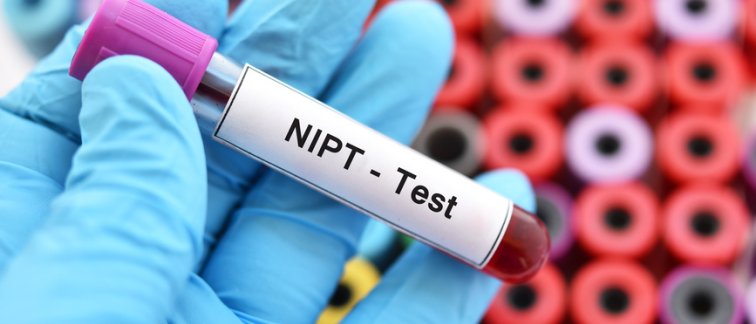In April 2017, the new screening test NIPT for Down syndrome became available to all pregnant women. This test analyzes fetal DNA in the mother's blood, which gives a much more reliable result than the test that was available up to that time. It was expected by some that the screening for Down syndrome would become a thoughtless routine, resulting in more terminations of pregnancies.
The NIPT in the Netherlands is part of a national study, which is unique, initiated by the Dutch NIPT Consortium, including researchers from AR&D such as PhD student Karuna van der Meij. As a result, the motives of women not to opt for prenatal screening have been investigated. Lidewij Henneman emphasizes that the aim of the screening is not that fewer children with Down syndrome are born, but that women can make an informed choice.
An article published in Prenatal Diagnosis by pediatrician Maurieke de Groot-van der Mooren showed that there is no increase in pregnancy terminations. The introduction of the NIPT in the Netherlands has not had a strong effect on the live birth prevalence: the decrease in the number of children born with Down syndrome has not suddenly gone much faster.
For the full article, go to De Volkskrant.nl

